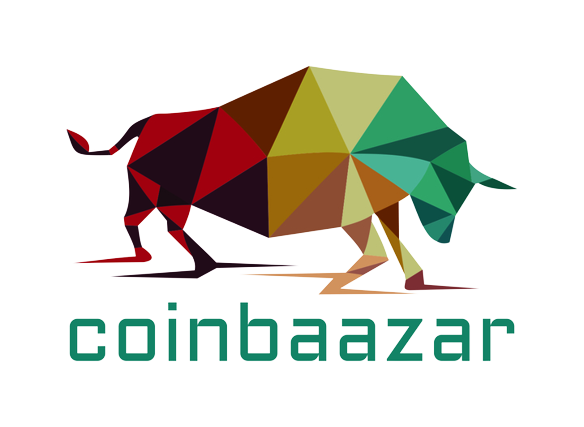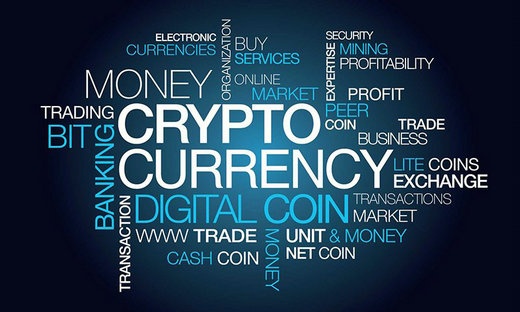In order to learn the difference between cryptocurrency, virtual & digital currencies. You need to know to overflow with complex phrasing, the universe of cryptographic money can be overwhelming under the most favourable circumstances. Yet things got considerably all the more confounding a week ago when JPMorgan declared the dispatch of its own coin. Which numerous contended was computerized cash – potentially a steady coin – however most unquestionably not a digital currency. Explore more about Differences Between Cryptocurrency, Virtual & Digital Currencies.
In light of this, Hard Fork set up together an introduction on the contrasts between cryptographic forms of money. Computerized, and virtual monetary standards – three terms that are frequently utilized aimlessly yet don’t really mean something very similar. What is CryptoCurrency, Virtual & Digital Currencies?
Characterizing advanced monetary forms:
Advanced cash is the sweeping term used to portray all electronic cash, that incorporates both virtual money and cryptographic money. It very well may be managed or unregulated.
It’s solitary accessible in an advanced or electronic structure and dissimilar to a dollar greenback or a coin, it’s elusive. Advanced monetary forms, which must be possessed and spent utilizing electronic wallets or assigned associated systems. These are additionally normally known as computerized cash or cybercash.
The absence of middle people implies exchanges are commonly immediate and bring about no or little charges.


In the event that what fault finders state is valid, JPMorgan’s coin would group as advanced money since it doesn’t work on a blockchain. It’s utilized on the web, and its planned use is to exchange assets between the budgetary mammoth and its customers.
Shouldn’t something be said about virtual monetary forms?
Virtual monetary forms are a kind of computerized money, commonly constrained by its makers. It is utilized and acknowledged among individuals from a particular virtual network.
Here is the place it gets a bit of confounding: every virtual cash are advanced (they exist online just), yet not every computerized money are virtual, in light of the fact that they exist outside a particular virtual condition.
Basically, virtual cash is a portrayal of money related esteem issued, oversaw, and constrained by private guarantors for the exchange of distributed installments. They are in some cases spoken to as far as tokens and might be unregulated without a legitimate delicate, for example, coins or banknotes.
In contrast to fiat money, virtual cash isn’t issued by a bank. This absence of guideline implies virtual monetary standards are vulnerable to value swings.
Digital forms of money, for example, Bitcoin and Ethereum are viewed as virtual monetary standards.
Things being what they are, what is digital money?
The ‘crypto’ in ‘digital currency’ alludes to the way that numerous encryption calculations and cryptographic procedures are utilized to guarantee security over the system. This dimension of security likewise makes digital forms of money difficult to fake.
Numerous digital currencies work as blockchain-based decentralized frameworks without the requirement for a confided in an outsider, for example, a national bank, or charge card organization. In this case, distributed exchanges are encouraged using private and open keys.
Bitcoin is without a doubt the most outstanding – and most generally utilized – blockchain-based digital currency. It’s likewise the most significant, as of now sitting at $3,821 per coin.


In spite of the fact that Bitcoin is the most mainstream, it’s by all account, not the only digital currency. There are numerous options, or altcoins, for example, Litecoin and Monero. A portion of these copy Bitcoin, while others are forks or just new digital forms of money that have the part, or determined, from a current one.
Because of their virtual nature, digital forms of money don’t have a focal vault. Which means they can be cleared out by a PC crash if there’s no reinforcement duplicate of the property or if the client loses their private key.
In contrast to money, which is totally unknown, exchanges did with digital forms of money can, on account of Bitcoin, be followed on the blockchain without at first knowing members’ characters.
It’s significant, notwithstanding, that some cryptographic forms of money are less private than others. For instance, Dash, ZCash, and Monero are unquestionably more hard to follow than Bitcoin.
On another note, cryptographic forms of money will be described by value instability in light of the fact that their esteem depends entirely on free-market activity.
Condensing the Discoveries
To condense, advanced cash is the sweeping term used to allude to cash that exists exclusively in the computerized space. Virtual monetary standards and cryptographic forms of money are advanced monetary standards since they exist on the web.
Cryptocurrencies are a type of advanced cash accessible in the virtual world (consider restrictive online networks made by designers).
Digital forms of money are advanced monetary standards since they exist on the web, however, they are likewise virtual monetary standards made with cryptographic calculations.
In this way, while we may regularly observe the terms advanced, virtual, and digital currency cobbled together. It’s imperative to comprehend the subtleties between the three. Use them astutely!


Very informative article.Really thank you! Want more.
Very informative post. Great.
An interesting discussion is worth comment. I believe that you ought to publish more on this subject, it may not be a taboo subject but usually folks don’t discuss such subjects. To the next! All the best!!
A big thank you for your blog post.Really thank you!
A big thank you for your article post.Thanks Again. Keep writing.
Thanks for sharing, this is a fantastic article post.Thanks Again. Great.
A round of applause for your post.Really looking forward to read more. Really Great.
Thanks for sharing, this is a fantastic post.Really looking forward to read more. Fantastic.
I value the article post.Much thanks again. Cool.